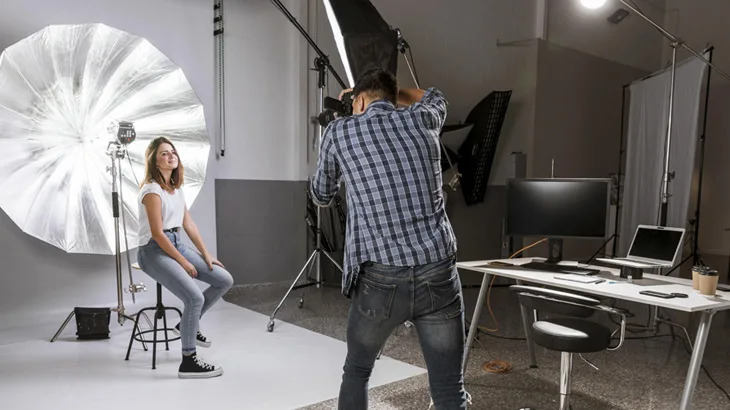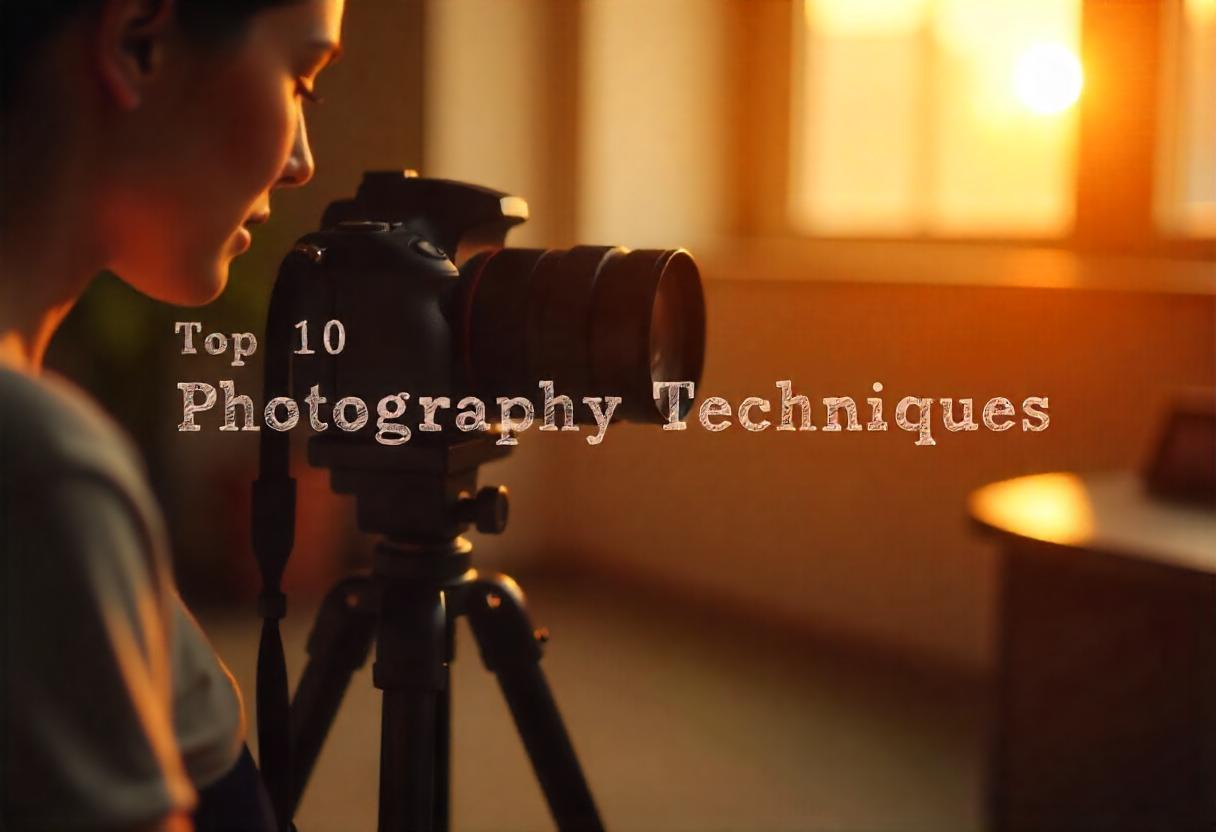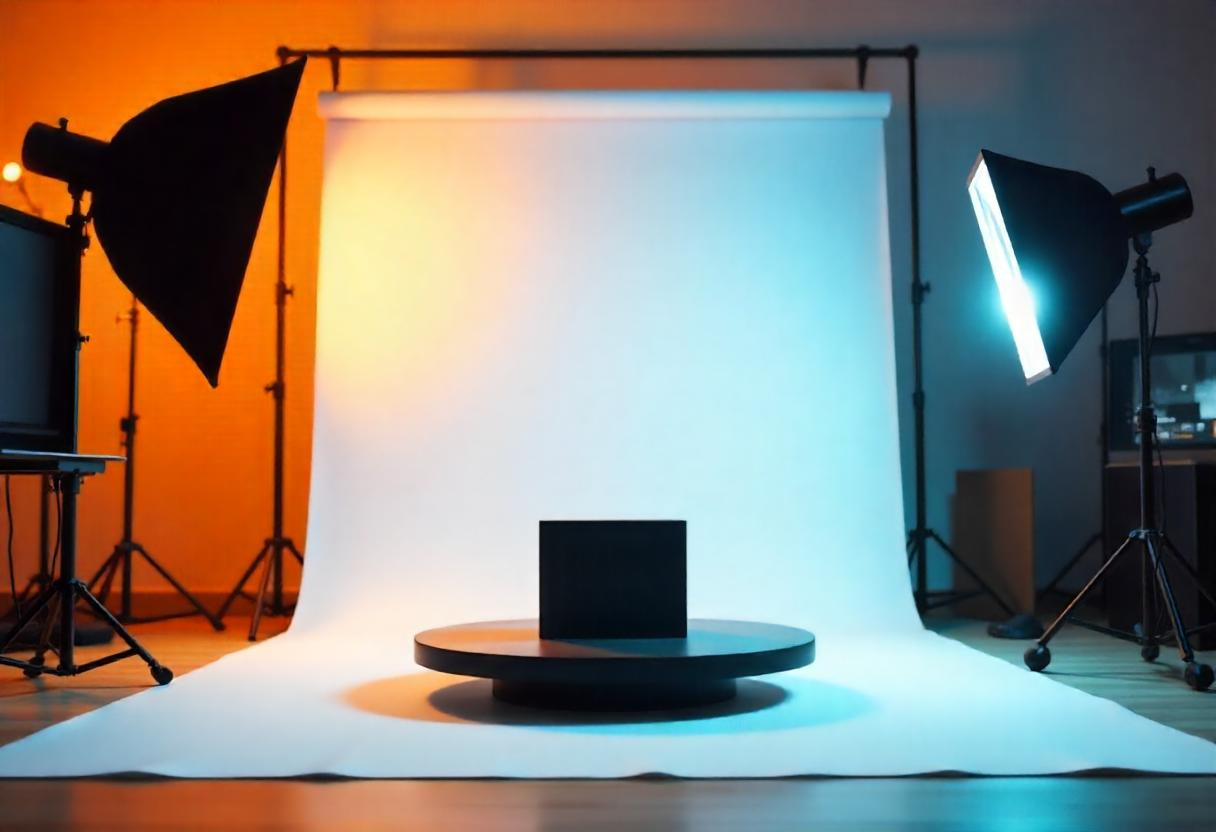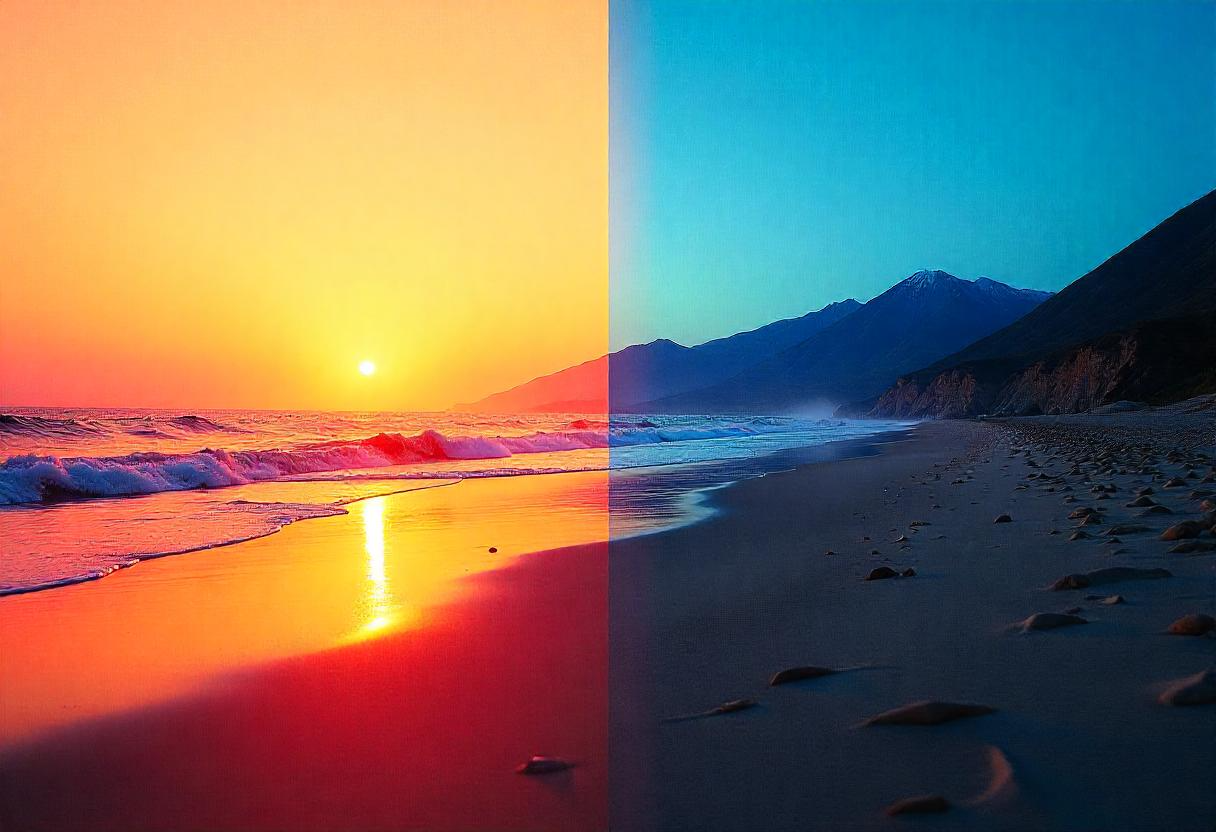Photography Courses After 12th: Course Details, Fees and Career Opportunities
This blog is all about a detailed guide for students interested in pursuing a photography career after 12th standard. It explains the different educational paths available, including diploma courses, bachelor’s and master’s degree, focusing on key areas like Fashion Photography, Landscape Photography, Wildlife Photography, Street Photography, Product Photography, Travel Photography, Event Photography and much more.
Undoubtedly, choosing a career after your 12th is a very tough job. This is a pivotal decision that shapes your future. For those with a passion for storytelling with visuals, photography courses offer a gateway to a thrilling and creatively fulfilling career.
This comprehensive guide will provide you with an in-depth look at Photography courses after the 12th, detailing course structures, fee schedules, eligibility criteria and the diverse career opportunities they can lead to in 2024.
What is Photography?
Photography is the art and craft of creating visual narratives that communicate ideas, stories and emotions through images. It encompasses a range of disciplines including camera operations, nuances of tabletop, importance of light, space, color and composition in photography.
As a photographer, you get the opportunity to express yourself artistically and influence audiences worldwide.
Why Choose Photography Courses?
The photography industry is a significant part of the global entertainment sector, offering vast opportunities for creative expression and innovation. As per the reports, careers in photography are expected to grow by 17%. Moreover, around 12,700 job openings for photographers for each year. With the advent of digital media, the demand for skilled photographers in various fields including cinema, television, advertising agencies and online streaming services, is rising.
By studying photography, you can gain the necessary skills and knowledge to contribute to this dynamic industry.
Read Also: India’s Highest Paying Certificate Courses for 2024: Top Job Opportunities
Eligibility for Photography Courses After 12th
After completing your 12th grade, students interested in pursuing photography courses should fall under the following eligibility criteria.
Educational Qualifications
For undergraduate programs like Bachelor of Fine Arts or B.A. in Photography, students typically need to have completed their 12th grade education from a recognized board or institution.
Some programs might have specific requirements regarding the subjects in 12th grade, often preferring applicants with a background in arts, fine arts or photography.
Minimum Marks
Many institutions require a minimum percentage of marks to pursue a photography course which can vary from around 50% to 60% depending on the institution and the competition for admissions.
Entrance exams
Some universities and colleges in India may conduct entrance exams or require you to submit a portfolio of your work as part of the admission process.
Entrance exams might test your aptitude in visual arts, photography concepts and sometimes include a practical component to assess your skills.
English Language Proficiency
If the medium of instruction is English and your education up to 12th grade was not in English, then you may be required to demonstrate proficiency through standardized tests like IELTS or TOEFL.
Additional Requirements
Some institutions may require letters of recommendation, personal essays or interviews as part of the admission process. Before enrolling for any photography course, make sure to check the eligibility criteria updated on the website of the institution.
Read Also: Creative Education in the Digital Age: Challenges and Opportunities
Types of Photography Courses
Diploma in Photography
These courses are typically 6 months to 1 year long and focus on practical aspects of photography, such as basic camera operations, understanding the camera and its techniques, learning the nuances of tabletop photography, understanding portrait, fashion and wildlife photography along with the types of lenses and their work.
Bachelor’s Degree
Bachelor of Arts (BA) in Still Photography is a 3-4 year program that provides extensive training in all technical and creative aspects of photography. Students are brought to familiarity with different styles of photography including wildlife photography, landscape photography, street photography and food photography.
Master’s Degree
The Master of Arts in Still Photography programs empowers every aspiring photographer to refine their craft and explore the art of capturing moments frozen in time. During this 2-year program, students learn about the process of imaging, broad knowledge about computer based graphic design, art of capturing architectures, conceptualization and implementation of visual projects.
With the access of state-of-the-art facilities and guidance from industry professionals, graduates can emerge as skilled visual storytellers, equipped to make a profound impact in the world of photography.
Key Areas to Study in Photography
Studying photography involves a wide range of areas, each contributing to a comprehensive understanding of the art and craft of capturing images.
Read Also: Enhancing Creativity: Advanced Tools for Authentic Photography Learning
| Technical Skills | |
| Camera Operation | Students learn about the understanding on how to use different types of cameras including DSLRs and Mirrorless, Aperture, Shutter Speed, ISO and lenses. |
| Lighting | Techniques for natural and artificial lighting, including studio setups and outdoor conditions. |
| Image Editing | This area focuses on using software like Adobe Photoshop or Lightroom for post-processing and digital manipulation. |
| Artistic and Creative Elements | |
| Composition | This area focuses on principles such as rule of thirds, framing, leading lines, symmetry and balance. |
| Color theory | Color theory will help students understand about the color scheme, contrast and the emotional impact of colors in photography. |
| Visual Storytelling | This area will help students convey narratives or emotions through images, understanding how to create a compelling visual story. |
| Genre and Specialization | |
| Portrait Photography | During this course, techniques for capturing expressions, posing subjects and using light to enhance portraits. |
| Landscape Photography | Students will learn about the approaches to capturing natural scenery, handling light and using composition to create impactful landscapes. |
| Fashion Photography | Working with models, styling and creating visually appealing images for fashion magazines or brands. |
| Photojournalism | This area will focus on ethics, storytelling images, capturing events and news in a truthful and impactful manner. |
Types of Photography Courses
| No. | Course Name | Course Overview | Duration |
| Diploma Courses | |||
| 1 | Diploma in Still Photography | This 1 year program is designed to provide students a comprehensive understanding of photography including technical skills and artistic principles. | 1 year |
| Bachelor Degree Programs | |||
| 1 | Bachelor of Fine Arts (BFA) in Photography | Provides a multidisciplinary approach to photography, incorporating design thinking and visual arts. | 3 years |
| 2 | Bachelor of Science (B.Sc.) in Photography | This course focuses on technical skills in photography, digital imaging and multimedia production. | 3 years |
| 3. | Bachelor of Arts (BA) in Photography | During this course, students will get theoretical knowledge and practical skills in photography, preparing students for careers in commercial photography, photojournalism and fine arts. | 3 years |
| Master Degree Programs | |||
| 1 | M.A. in Still Photography | This 1-year program focuses on advanced photography techniques, conceptual development and portfolio building. | 1 year |
| 2 | Master of Design (M.Des) in Photography Design | Integrates photography with design thinking and offers specialization options in various genres of photography. | 2 years |
| 3 | Master of Fine Arts in Photography | This course focus on advanced photography techniques, visual storytelling and critical analysis. | 2 years |
Read Also: How to Build Your Photography Portfolio in 2024?
Photography Course Fee in India
Diploma courses in photography typically range from several months to a year in duration. Fees can vary from approximately ₹50,000 to ₹2,00,000 or more for the entire course, depending on the institute, facilities offered and curriculum.
Bachelor’s degree programs in photography or related fields (such as BFA or BA in Photography) usually span 3-4 years. Fees can vary significantly, typically from ₹1,00,000 ro ₹6,00,000 or more for the entire program, depending on the institute and the specialization.
Short-term courses or workshops in photography may have fees ranging from ₹10,000 to ₹1,00,000 depending on the duration and the level of expertise offered.
In addition to tuition fees, students may incur additional costs for equipment (cameras, lenses, lighting), studio rentals., study materials and possibly accommodation if the institute does not provide on-campus housing.
Read Also: How to Use Natural Light in Photography: Step-by-Step Guide
Career Opportunities in Photography in India
Photography offers a diverse range of career opportunities in India, catering to various interests and specializations within the field. Below mentioned are some prominent career paths for photographers in India.
| Career Opportunities | Field of Work |
| Advertising Photography | Working with advertising agencies or directly with brands to create images for marketing campaigns, product launches and promotional materials. |
| Fashion Photography | Students get to collaborate with fashion designers, brands, magazines and models to create visually compelling images for editorial spreads, advertising campaigns and catalogs. |
| Product Photography | Capturing images for products for e-commerce platforms, catalogs and promotional materials, focusing or showcasing the features of the product. |
| Photojournalism | Reporting news stories through powerful images for newspapers, magazines, online publications and news agencies. |
| Documentary Photography | Documenting social issues, cultural events, environmental concerns and human stories, often for NGOs, documentary films and publications. |
| Fine Art Photography | Creative expressive and conceptual photographic artworks for galleries, museums, exhibitions and art collections. |
| Event Photography | Covering corporate events, conferences, concerts, festivals and other special occasions to document and highlight key moments. |
| Travel Photography | Travel photographers capture landscapes, cultures and experiences from around the world for travel magazines, blogs, tourism boards and publications. |
| Nature Photography | Individuals are proficient in documenting wildlife, natural landscapes and environmental issues for conservation efforts, magazines and NGOs. |
Summing it up….
Photography is an exciting career choice that offers extensive creative expression. As the entertainment industry continues to expand globally, the demand for skilled photographers is expected to grow. By selecting the right course after your 12th, you can embark on a journey that not only fulfills your creative aspirations but also opens up a plethora of professional opportunities.
Whether your goal is to tell stories that inspire, entertain, or provoke thought, a career in photography can be incredibly rewarding. Explore the range of photography programs at AAFT, where we provide the tools, training, and network to jumpstart your career in this dynamic industry.











